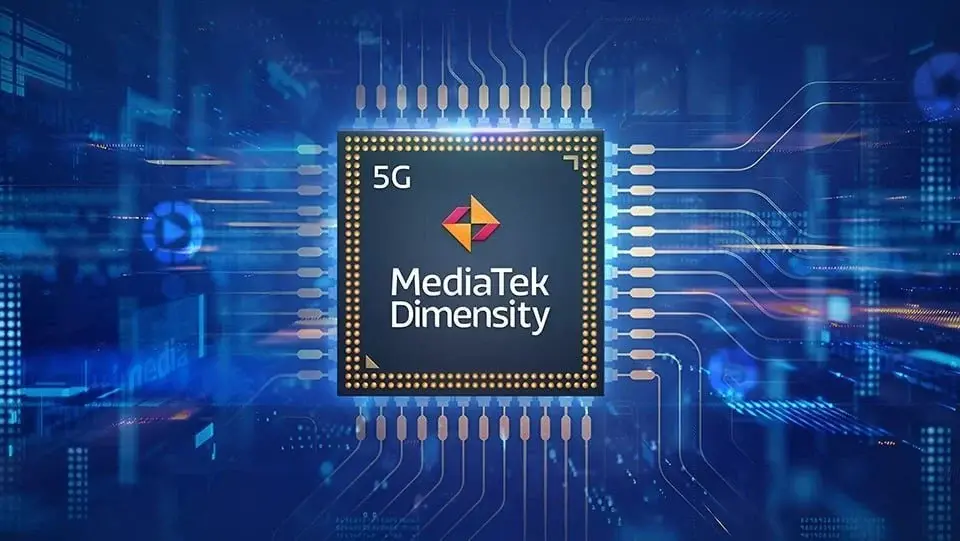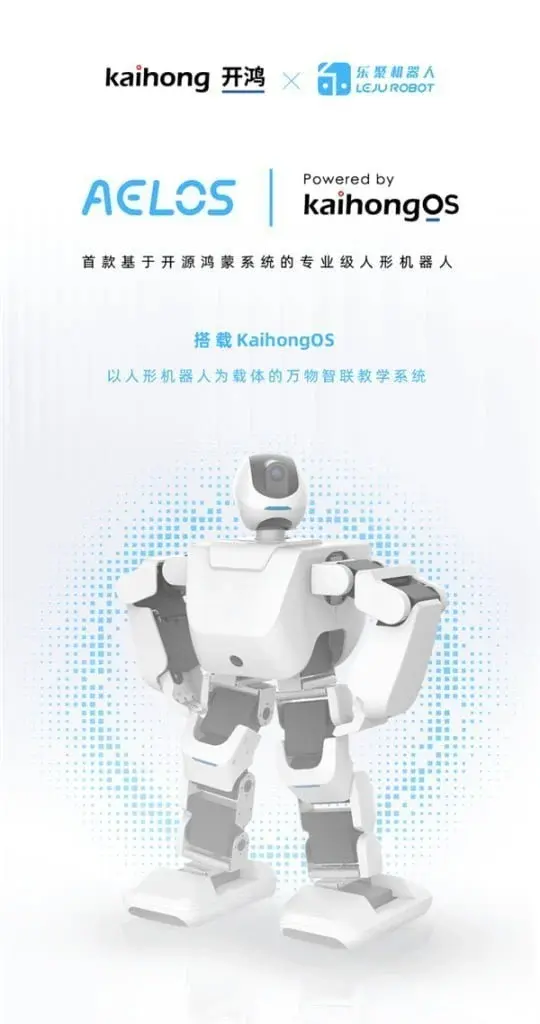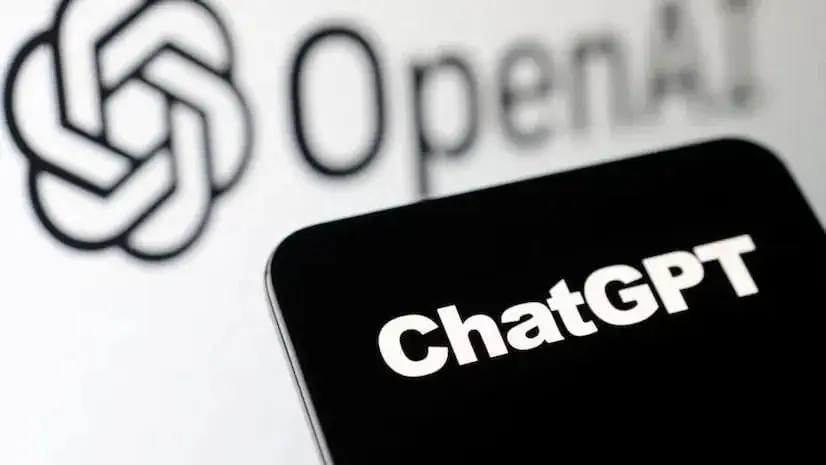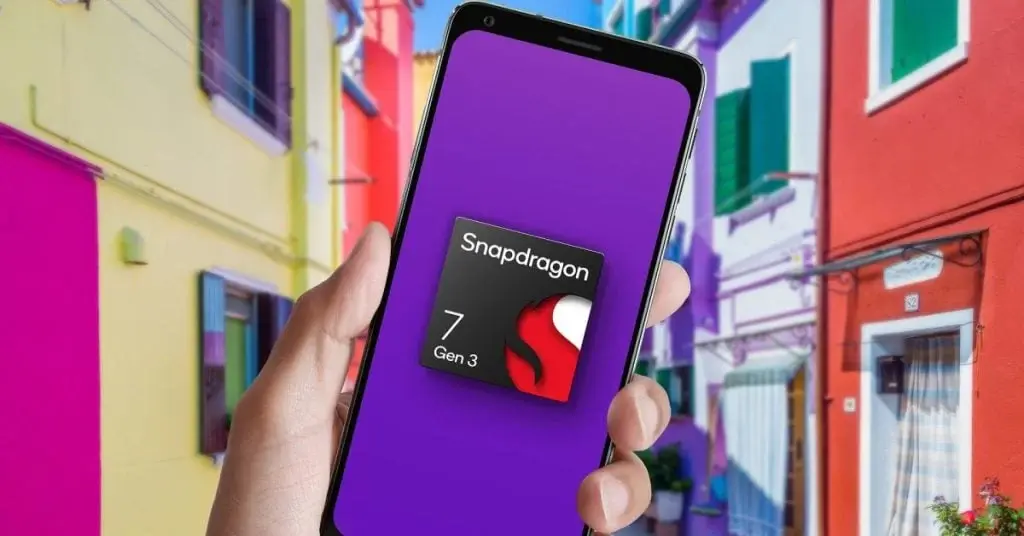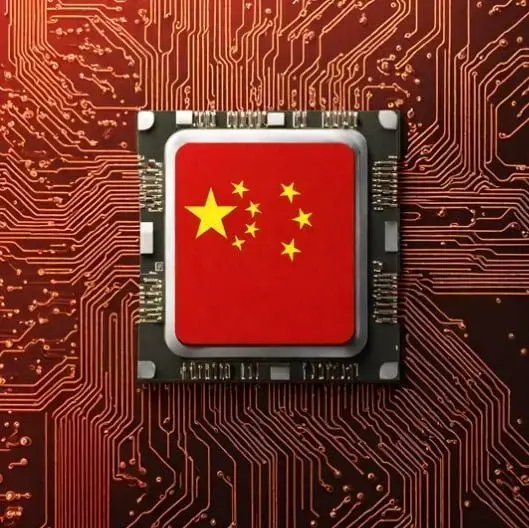Vivo’s Role in Advancing MediaTek’s Dimensity Series
Vivo has established itself as a key player in the development of MediaTek’s flagship chips, particularly in the field of artificial intelligence (AI). While the collaboration between Vivo and MediaTek on the Dimensity 9300 chip was already known, a recent report by CNMO reveals that Vivo is also actively involved in the development of the upcoming Dimensity 9400. This partnership allows Vivo to incorporate cutting-edge flagship chips into its products, keeping the company ahead in the market.
The MediaTek Dimensity 9300: A Flagship 5G AI Mobile Chip
The MediaTek Dimensity 9300 is a flagship 5G AI mobile chip manufactured using TSMC’s 4nm process and boasts an impressive 22.7 billion transistors. It stands out by integrating 1B and 7B AI language models, as well as a 1B AI vision model directly into devices. This integration enhances data security, improves real-time performance, and enables personalized user experiences. By keeping sensitive data on the device and tailoring AI functions to individual preferences, Vivo’s smartphones benefit greatly from this technology.
Vivo and MediaTek’s Collaboration on AI Development
The collaboration between Vivo and MediaTek revolves around MediaTek’s flagship AI processor APU and the AI development platform NeuroPilot. This partnership significantly improves the operational efficiency of AI models on devices, providing powerful and efficient AI experiences. Vivo’s smartphones, especially the Vivo X100 series, have greatly benefited from this technology, positioning them as leaders in on-device AI models.
Mutual Benefits: Vivo’s Success with Dimensity Processors
The partnership between Vivo and MediaTek has proven to be mutually beneficial. Vivo’s X90 series was the first to feature the Dimensity 9200 processor globally, attracting significant attention from users. This success continued with the Vivo X100 series. Additionally, the Dimensity 8200 mid-range chip was launched worldwide through Vivo’s iQOO brand with the iQOO Neo 7 SE model. This highlights the industry’s focus on advanced AI capabilities in smartphones.
MediaTek’s Collaboration with OPPO
In addition to working with Vivo, MediaTek is also collaborating with OPPO on AI integration into their chips. This further emphasizes the industry’s emphasis on advanced AI capabilities in smartphones. The partnership between Vivo and MediaTek, along with MediaTek’s collaboration with OPPO, showcases the importance of AI technology in driving innovation and enhancing user experiences in the smartphone market.
Source: 1

